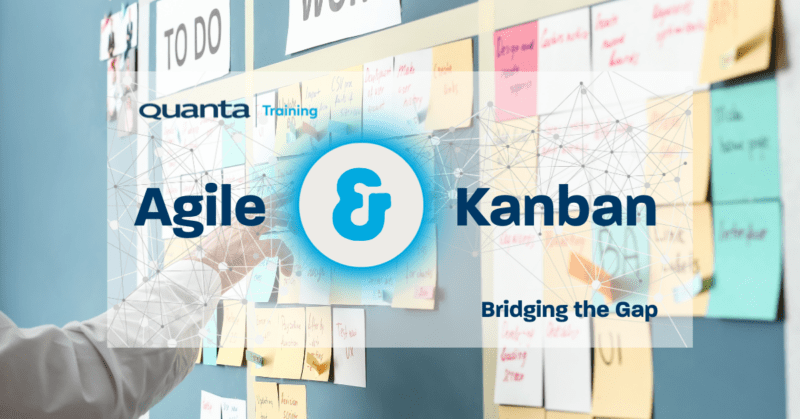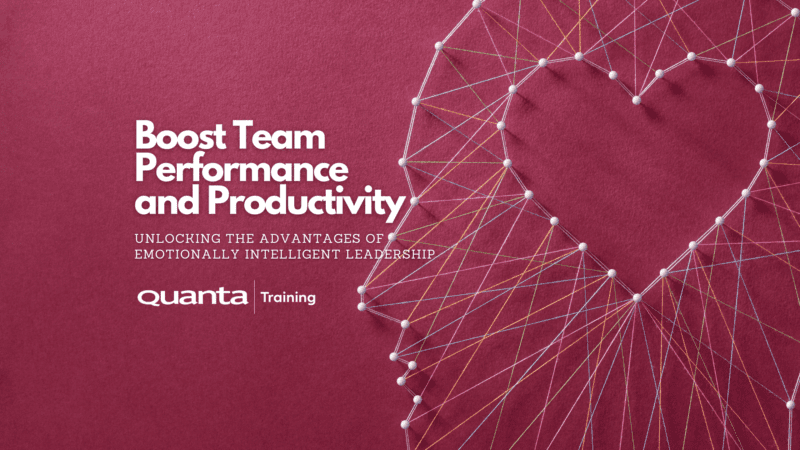Learn all the key benefits of Agile and prepare for the world's leading certification in Agile Project Management.
Agile techniques have been gaining traction in recent years, helping companies to work more efficiently and effectively when delivering projects. This AgilePM course shows how to successfully combine Agile techniques with more traditional governance methodologies, such as PRINCE2® and PMI®.Book Your Course
Start Date
Venue
Availability
Cost
Course confirmed - Guaranteed to run
Course Full/Limited availability
Price shown excluding VAT.
Book a Private Event
If you require the content of this event tailored or have around 7 or more people to train it maybe better for you to host a Private Event, please get in touch to discuss this.
Get in touchDescription
Who is this course for
This course is designed for anyone who has to work within a project environment, and who needs to understand the key elements of Agile ways of working. Delegates who need a broader and deeper understanding of the DSDM framework will want to go on to study for the AgilePM® Practitioner exam.
Purpose of the course
Agile techniques such as Scrum are highly regarded and can be wildly successful. Scrum on its own, however, focusses principally on getting work done. In this course, you will learn what Agile means, and will also learn how the DSDM framework wraps up techniques such as Scrum with a full project management lifecycle. DSDM is the name of the framework you will learn, and AgilePM is the certification for the framework.
You will learn how to
- Use Agile techniques to help deliver successful projects consistently on time and within budget constraints.
- Compare and contrast Agile approaches with more traditional Project Management techniques, such as PRINCE2®.
Prerequisites
There are no pre-requisites for this course. Delegates new to project management will learn a great deal about how to manage projects. Existing project managers, or others involved in project management will learn a new way of looking at the project lifecycle.Benefits for you as an individual
Understanding the different management style needed for successful Agile projects compared to traditional projects will mean you can tailor your approach to different situations. Knowing how you can combine this knowledge with the more traditional management methodologies will allow you to adapt to a changing business environment.
Benefits for your organisation
Traditional project management is sometimes known as Big Design Up Front (BDUF), and can be fantastic. However, if you apply BDUF to the wrong sort of project, you are likely to be heading for trouble. This course teaches you the key questions to ask to decide whether a given project would benefit most from a Traditional approach, an Agile approach, or a combination of the two.
Agile Project Management Fundamentals
- What is Agile?
- Benefits of Agile
- When to use Agile
- Different Agile Methodologies
- Preparing for a successful Agile project
- Agile Project Management Principles
The Agile Project Management Process
- Agile Project Management Framework
- Configuring the Agile Project Lifecycle
Work Products and Deliverables
- Management Products and Deliverables
- Business Work Products and Deliverables
- Technical Products and Deliverables
Agile Project Teams
- DSDM and Scrum Roles and Responsibilities
- Agile Project Team Empowerment
- Agile Project Team Structure
Agile Project Management Practices
- Facilitated Workshops
- MoSCoW Prioritisation
- Modelling
- Iterative Development
- Timeboxes and Sprints
- Burndown Charts
- Velocity
Additional Exam Information
- 40 minutes
- Closed book
- Multiple choice
- 50 questions
- Pass mark - 50%
The earliest the Foundation exam could start is 11:00am on day 3. However, the trainer will assess the situation during the course. The Foundation exam almost always starts somewhere between midday and 3:00pm on day 3.
Pre-Coursework
A few hours of pre-course preparation is useful. The Precourse book will be issued 4-6 weeks before the course, you will also receive a login for Quanta Learn to access further pre-course materials.Please note, there may be a small amount of evening work to complete such as further reading or working though sample exam papers.
Get Started
Forget trawling through endless course catalogues – Find the training that’s right for you
Learn MoreLatest from our blog
Kanban and Agile: Bridging the Gap
Kanban and Agile: Bridging the Gap Quanta’s Kanban University Certified Trainer Steve Church explores the way in which Agile and…
Read More
How a Ballerina could move into Cybersecurity
Jason Ford, Quanta Cybersecurity and IT Trainer talks about the limitations in Cybersecurity Training courses. Jason discusses a safe and…
Read More
Boost Team Performance and Productivity: Unlocking the Advantages of Emotionally Intelligent Leadership
Quanta People Development and Leadership Trainer, Giles Collins outlines the key elements of Emotionally Intelligent Leadership and how it impacts…
Read More





